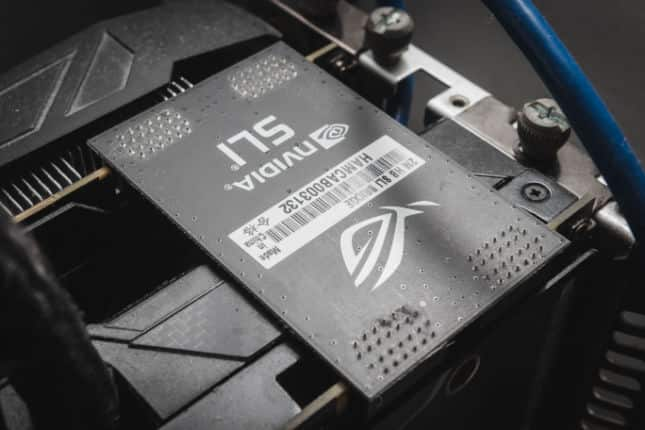VRAM Full Form
The full form of VRAM is Video Random Access Memory. VRAM stands for Video RAM or Video Random Access Memory which is specially designed to store images to display on the computer. This application is designed in such a way it can display complex textured images and also closed figures in three dimensions (3D) images in a smooth manner. Users can also able to use video games in 3d graphics in this application. When the user selects any image to be displayed, first it is read by the processor as data in form of the main RAM and then converted to VRAM. This was made as a dual-ported design.
This Story also Contains
- History of VRAM
- Working of VRAM
- Characteristics of VRAM
- Types of VRAM:
- Benefits of VRAM
- Limitations of VRAM

History of VRAM
VRAM was designed and invented by F.Dill, R.MAteick, and D.Ling in 1980. It was invented by these researchers at International Business Machine (IBM) Research. The idea of VRAM was patented in 1985 after its invention. It was a new model for graphic displays and IBM made it the first commercial high-resolution graphics adapter for the Real-Time Personal Computer (RT PC) system.
Working of VRAM
The user selects the image and sent it to display, then the first processor read it and then writes it on VRAM, and then it VRAM converts the data by a RAM digital-to-analogue converter (RAMDAC) into analogue signals.
Lastly, the Cathode Ray Tube present in the display presentation mechanism shows the final output of the image.
Characteristics of VRAM
VRAM is designed as dynamic RAM (DRAM) and made a special arrangement for all types of VRAM.
VRAM is considered explosive memory that turns off the computer and all the data get lost.
VRAM is an idle graphic design for other graphics because it is faster and has large bandwidth.
It is a very delicate graphic device so users should have to care.
VRAM is a dual-ported device which means the processor is writing a new image to VRAM and the display is used to read from VRAM to display current content. This is a major difference between VRAM and RAM.
Types of VRAM:
Window RAM (WRAM): This RAM supports 25% more bandwidth than any other kind of VRAM. This is a dual-ported and high-performance quality display resolution.
Synchronous Graphics RAM (SGRAM): In this data is single-operated in sequence-operated colours such as red, white, or any updated colours.
Rambus Dynamic Ram(RDRAM): This kind of RAM speeds up the data flow so that RDRAM should not buffer in video streaming.
Multibank Dynamic RAM(MDRAM): It divides data into 32KB(kilobyte) parts which are accessed individually and transfer efficiency for data performance.
Benefits of VRAM
This results in an improvement in image quality and reduces the loading time.
Due to VRAM, more complex and textual images are directly shown in 3D formation.
It improves gaming performance.
Limitations of VRAM
Application may run slow sometimes due to an increase in portal devices.
It loses all its stored memory when the computer is turned off. Since it stores temporary data.
Frequently Asked Questions (FAQs)
VRAM stands for Video RAM or we can also say it is Video Random Access Memory. This is specially designed to store images that can be displayed on the computer. It is an application that is designed in such a way that can display complex textured images. It also displays closed figures in three dimensions (3D) images in a smooth manner.
VRAM was designed and invented by F.Dill, R.MAteick, and D. Ling in 1980. It was invented by these researchers at IBM Research.
The working process of the VRAM is that the user selects the image and sent it to display command, then the first processor read it and then writes the processing program on VRAM, and then VRAM converts the data by a RAM digital-to-analogue converter (RAMDAC) into analogue signals.
Lastly, Cathode Ray Tube present in the display presentation mechanism shows final the output of the image.
Features of VRAM are:
VRAM is considered a passionate and intense memory when the user turns off the computer and all the data gets lost.
VRAM is idle for designing graphics for other sources of graphics because it is faster and has large bandwidth.
VRAM was a new model for graphic displays and IBM made it the first commercial high-resolution graphics adapter for the RT PC system.
